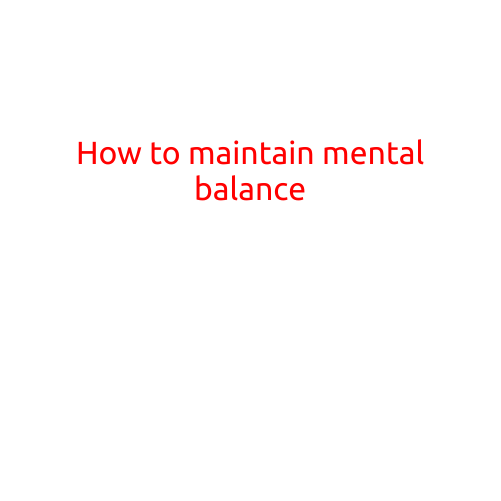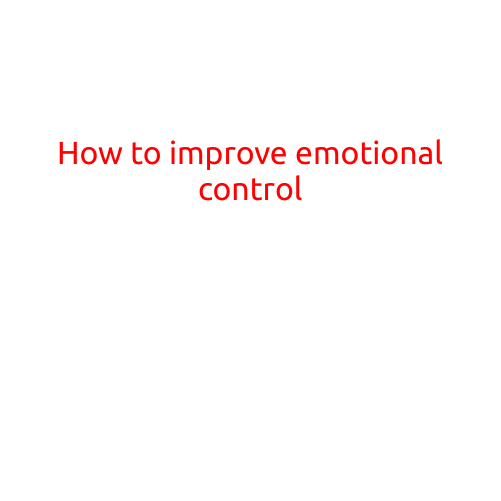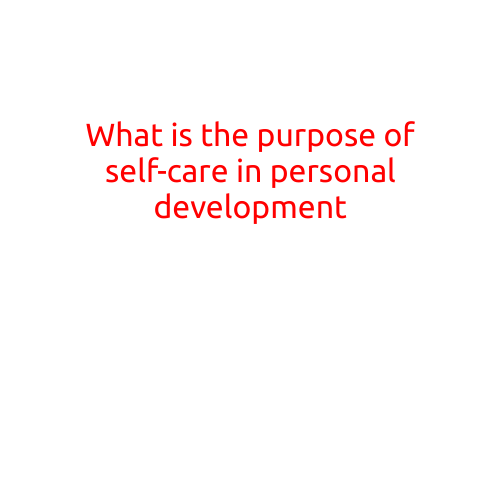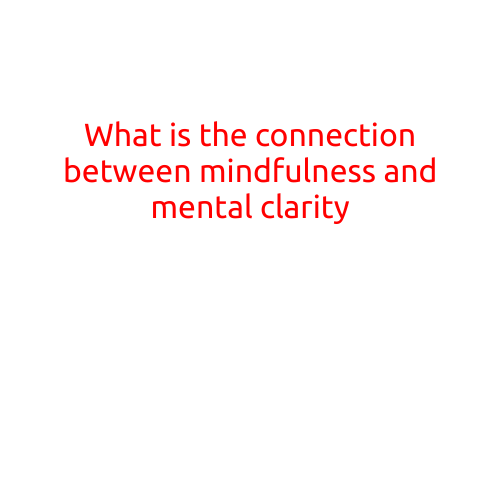
How to Maintain Mental Balance
In today’s fast-paced and often chaotic world, maintaining mental balance is more important than ever. With the constant demands of work, relationships, and other responsibilities, it’s easy to feel overwhelmed and stressed. However, neglecting your mental well-being can have serious consequences on your overall health and happiness.
Mental balance is the state of being calm, composed, and proactive, despite the ups and downs of life. It involves managing your thoughts, emotions, and behaviors in a way that promotes positivity, resilience, and well-being. In this article, we’ll explore some practical tips and strategies to help you achieve and maintain mental balance.
Identify Your Triggers
The first step to achieving mental balance is to identify what triggers your stress and anxiety. Are you more likely to feel overwhelmed when you’re faced with a tight deadline? Or does social media make you feel anxious or uncertain? Once you understand what triggers your emotions, you can develop strategies to manage them.
Practice Mindfulness
Mindfulness is the practice of being present in the moment, without judgment or distraction. It involves focusing on your breath, thoughts, and emotions, and accepting them as they are. Regular mindfulness practice can help you develop greater awareness of your thoughts and emotions, making it easier to manage stress and anxiety.
Take Care of Your Physical Health
Your physical health has a significant impact on your mental well-being. Regular exercise, healthy eating, and sufficient sleep can help reduce stress and anxiety, while also improving your mood and overall sense of well-being. Aim for at least 30 minutes of moderate exercise per day, and prioritize getting 7-9 hours of sleep each night.
Connect with Others
Social connections are essential for maintaining mental balance. Surround yourself with positive and supportive people who uplift and inspire you. Make time for regular social activities, such as meeting friends for coffee or joining a community group. Even small moments of connection, like a phone call or text message, can make a big difference.
Practice Self-Care
Self-care is essential for maintaining mental balance. Engage in activities that bring you joy and relaxation, such as reading, taking a bath, or listening to music. Schedule self-care activities into your daily routine, and prioritize them as you would any other important task.
Learn to Say No
Setting healthy boundaries is crucial for maintaining mental balance. Learn to say no to requests that drain your energy or cause unnecessary stress. Prioritize your own needs and well-being, and communicate your limits clearly and respectfully.
Seek Professional Help
If you’re struggling with persistent stress, anxiety, or other mental health challenges, seeking professional help is essential. A mental health professional can provide you with personalized guidance, support, and treatment options to help you achieve mental balance and well-being.
Conclusion
Maintaining mental balance is a journey that requires effort, patience, and commitment. By identifying your triggers, practicing mindfulness, taking care of your physical health, connecting with others, practicing self-care, learning to say no, and seeking professional help when needed, you can achieve a state of calm, composed, and proactive mental balance. Remember, taking care of your mental health is essential to living a happy, healthy, and fulfilling life.





